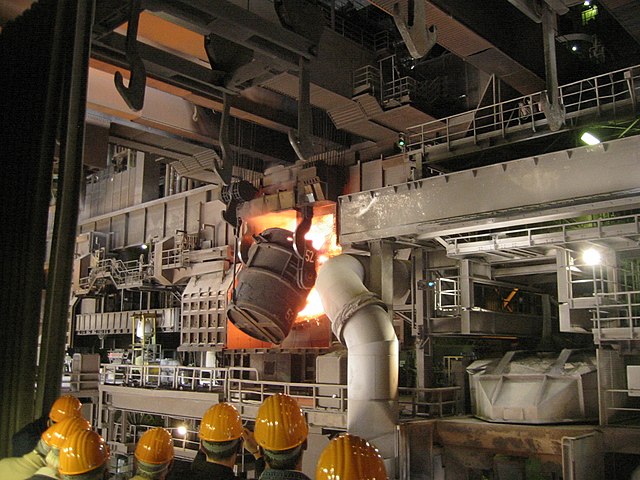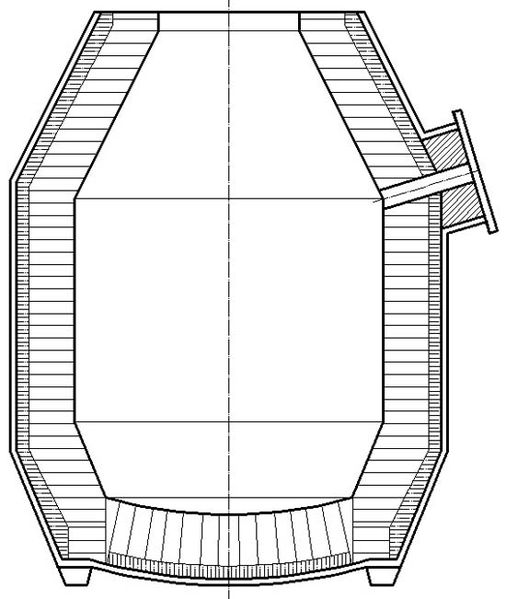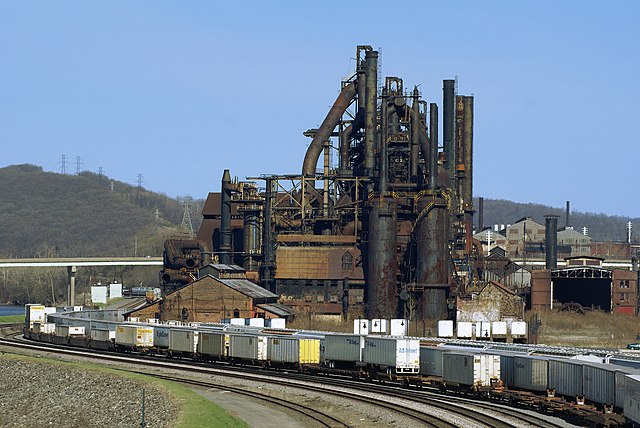Infinite photos and videos for every Wiki article ·
Find something interesting to watch in seconds
Celebrities
Best Campuses
Great Museums
Great Cities
Tallest Buildings
Largest Palaces
Countries of the World
Great Artists
Recovered Treasures
Animals
Supercars
Orders and Medals
Crown Jewels
Wonders of Nature
Presidents
Largest Empires
Ancient Marvels
British Monarchs
History by Country
Rare Coins
Richest US Counties
Wars and Battles
Famous Castles
Sports
Kings of France
World Banknotes
more top lists





